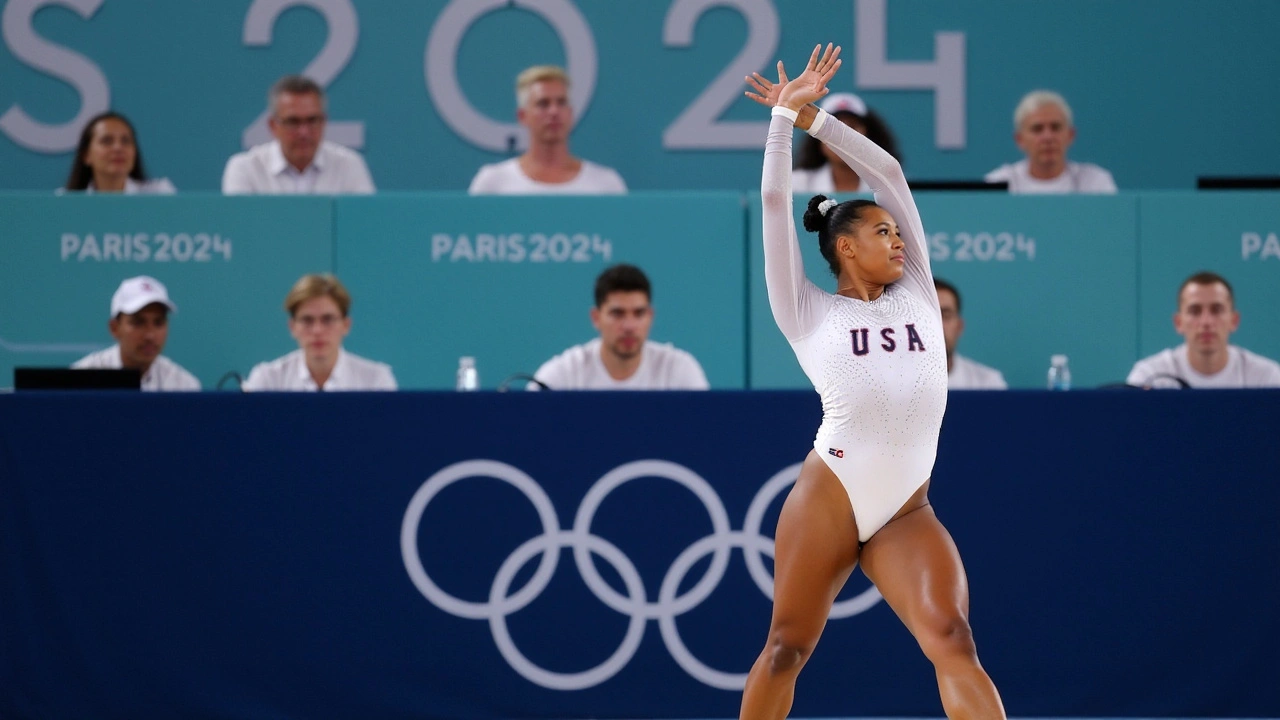The controversy surrounding U.S. gymnast Jordan Chiles, who was required to return her bronze medal after a ruling by the CAS panel led by Dr. Hamid G. Gharavi, has sparked concerns about fairness and transparency. Gharavi's past representation of Romanian interests has raised questions about potential conflict of interest. The USOC is exploring legal avenues to contest the decision.
What Is the Court of Arbitration for Sport and Why Should You Care?
Whenever you hear a headline about a football star battling a suspension, a boxer disputing a bout result, or a federation fined for a rule breach, the Court of Arbitration for Sport (CAS) is the body that often steps in. Think of CAS as the world’s biggest sports court – a place where athletes, clubs and governing bodies go to settle disagreements that regular courts can’t handle quickly enough.
How CAS Works – The Basics
CAS sits in Lausanne, Switzerland, and runs two main procedures: the Arbitration and the Mediation. In arbitration, each side picks a panel of experts who hear evidence, ask questions and then issue a binding decision. Mediation is more relaxed – a neutral third‑party tries to help the parties reach a mutual agreement without a formal ruling.
Cases come from all sports – from FIFA’s transfer bans to the International Olympic Committee’s doping rules. The key advantage is speed; a typical arbitration can wrap up in a few months, far faster than a national court that might drag on for years.
Real‑World Impact – Recent CAS Cases That Shook Sports
Take the Dutch Grand Prix qualifying drama you read about recently. If a driver or team feels a rule was misapplied, they can appeal to CAS to get a fair outcome. In football, the recent suspension of a Premier League star after a controversial penalty sparked a CAS review that could change how refereeing decisions are challenged.
Racist abuse cases, like the incident at Mestalla, also go through CAS when national authorities can’t deliver a quick verdict. The court’s rulings can force clubs to pay fines, implement education programs, or even ban fans from stadiums.
Even outside Europe, African football federations rely on CAS to resolve disputes over player eligibility in tournaments like CHAN 2024. When Tanzania beat Burkina Faso, any protest about player registration would end up in a CAS hearing.
So why does this matter to you, the fan? A CAS decision can change the lineup you see on match day, affect ticket prices, or determine whether a player stays with a club. It’s the behind‑the‑scenes engine that keeps sports fair and predictable.
If you’re following a story about a club’s transfer ban, a doping scandal, or a disciplinary case, look for the phrase “CAS decision pending.” That means the final say is coming from the Court of Arbitration for Sport, not a local court or the sport’s own disciplinary committee.
Bottom line: CAS is the ultimate safety net for sports disputes. It brings legal expertise, neutrality and speed to a world where timing and fairness are everything. Whether you’re a casual viewer or a die‑hard supporter, understanding CAS helps you make sense of the headlines and know what’s really happening when a case goes to arbitration.
